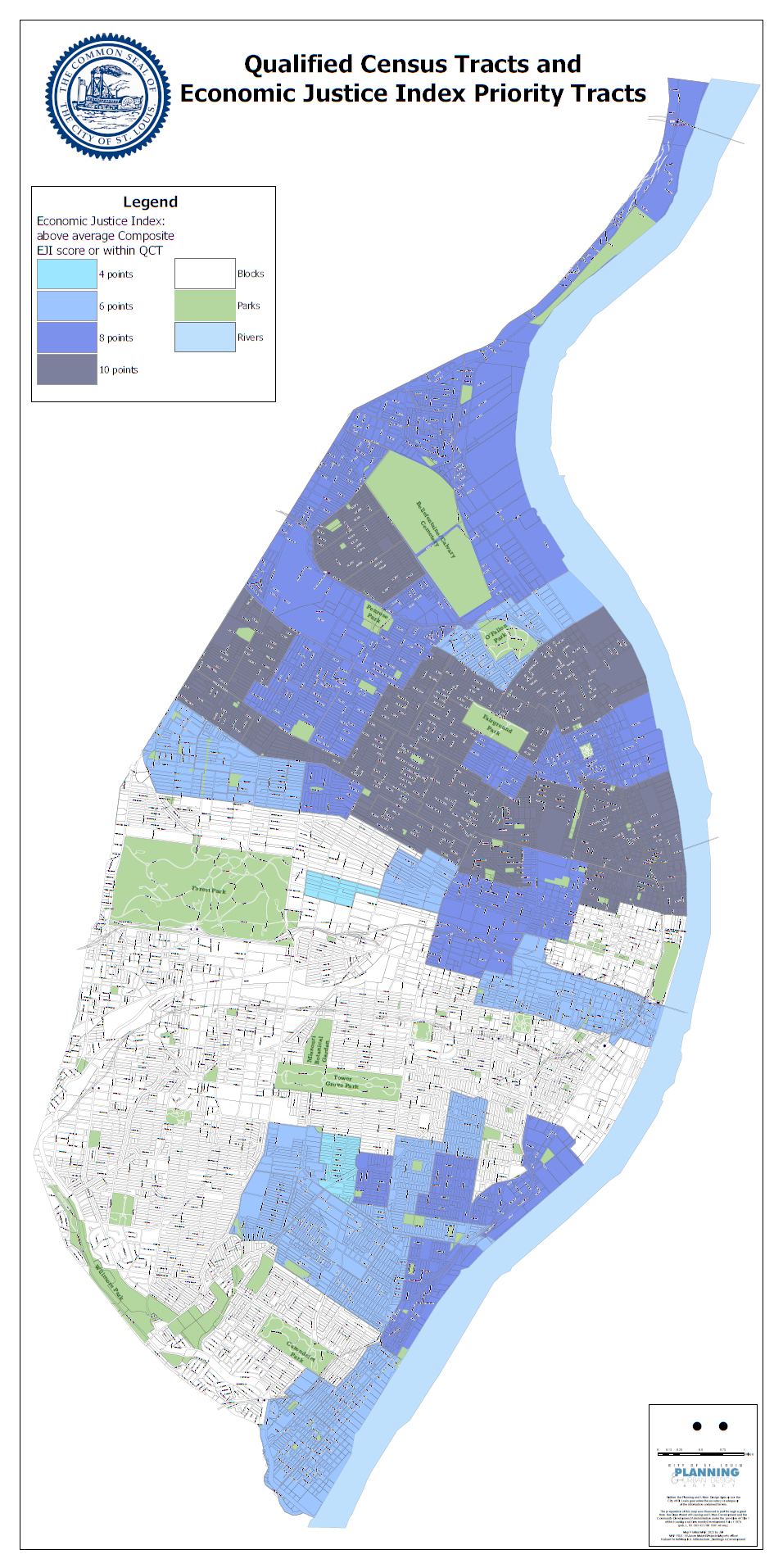Neighborhood Transformation Grants
Empowering communities to implement community-driven development!
Overview
The Neighborhood Transformation Grants NOFA (Notice of Funding Availability) from the Community Development Administration is seeking project proposals in Qualified Census Tracts (QCTs) and Economic Justice Index areas in the city. Non-profit organizations, Community Development Corporations (CDCs), home builders, construction contractors, and neighborhood associations are encouraged to submit a wide range of proposals like gardens and parks on vacant land, construction projects, hiring staff, back office support, minor to medium home renovations, home repairs, and more.
The $20,250,000 of grant funding comes from State & Local Fiscal Relief Funds (SLFRF), a part of the American Rescue Plan.
- Issuance: March 14, 2023
- Public Hearing - NOFA Overview & Q&A (Link to recording on Youtube): March 22, 2023
- Respondent Workshop - Compliance Requirements & Best Practices(Link to recording on Youtube): Monday, May 1, 2023
- Proposal due date: May 15, 2023
View and download the NOFA, supporting documents, and Application Checklist
Download the Neighborhood Empowerment Grants NOFA flyer
View the May 1 Workshop, March 22 Public Hearing, Q&As, and Frequently Asked Questions (FAQs)
Available Funds and priorities: $20,250,000 (total)
- Housing Production: $6.75 Million
- Proactive Development: $4 Million
- Home Repair: $5 Million
- Neighborhood Beautification & Capacity Building: $4.5 Million
Grants are expected to range from $100,000 - $2,500,000. Note that recipients may use funds to make smaller grants to fulfill the respondents' proposal(s).
Grant categories are guided by City of St. Louis' ARPA Needs Survey and the City’s 2022 Economic Justice Action Plan’s three strategic pillars: economic empowerment, equitable & inclusive development, and neighborhood transformation.
Eligible Uses
- Housing Production: Rehabilitation of vacant properties and new construction of for-sale affordable housing with an affordability period for residents at or below 80% Area Median Income(AMI) and for affordable rental housing with affordability period of 20 years for residents at or below 50% AMI.
- Home Repair: Organizations who have capacity partner with CDA to provide Major and Minor Home Repairs (i.e.: carpentry, electrical and plumbing, safety and security installations, energy and weatherization services and ADA accessibility).
- Proactive Development: Organizations who have capacity to do Predevelopment and Environmental Remediation (such as lead, asbestos, and Phase I and/or Phase II environmental remediation) for eligible purpose(s) such as meet a community need and presumed eligible non-profits serving QCTs, childcare services, food services, health services, or other project which require substantial community support (i.e. petition, letters, etc.).
- Neighborhood Beautification & Capacity Building: Beautification/Maintenance of Vacant Lots (see vacancy tool kit), Operating Support Grants, Technical Assistance (including back office support).
Who can apply? Respondents must be non-profit institutions with development capacity (with the exception of construction contractors and housing developers): Neighborhood Associations, Community Development Corporations (CDCs), CDA Certified Community-Based Development Organizations (CBDO), and non-profits engaged in development activities. Respondents focused on the same geography are encouraged to submit joint applications in order to present a comprehensive community driven development plan for the target geography. Teams are strongly encouraged!
How will plans be evaluated?
- Applicant Qualifications & Experience: capacity to comply with regulatory requirements; specialized experience, technical competence of the organization and staff; proposed work plan & KPIs: neighborhood transformation strategy; budget, sources, uses & leverage
- Community Support: commitment letters, public survey, public forum, and geographic priorities
- Geographic Priorities: Economic Justice Index; Neighborhood Revitalization Strategy Areas; QCTs, and proximity to community assets - Schools, Transit, etc. Note: extra points will be awarded to projects in overlapping priority areas (see map).
Eligible & Priority Geography
All activities funded by the Community Transformation Grants NOFA must be located in the City of St. Louis and take place in an eligible geography. Eligible geographies include all City of St. Louis 2023 Qualified Census Tracts (QCTs) and/or areas that have an Economic Justice Index Composite Score of 40.6 or higher. CDA will also prioritize projects and programs serving census tracts with higher economic justice index scores. These tracts include some of the City’s poorest communities as well as some of the City’s most historically segregated neighborhoods.
The Economic Justice Index was born out of the City’s Economic Justice Action Plan, and reflects the City’s development agencies’ efforts to measure need and inequities in St. Louis.The Economic Justice Index and its ten component variables can be further explored here.
Applications will receive bonus points according to which area in Economic Justice Index they serve as well as proposed projects’ location to community assets, for example: transit and schools as detailed in the map below.
Economic Justice Areas
The City of St. Louis is targeting ARPA funds to communities disproportionately impacted by the COVID-19 pandemic.
The map below consolidates over 10 factors ranging from life expectancy and violent crime rates to education attainment and Internet access to identify the census tracts in the city with the most needs. You can you find additional citywide details on the Economic Justice Index Overview map.
Help Us Improve This Page
Did you notice an error? Is there information that you expected to find on this page, but didn't? Let us know below, and we'll work on it.
Feedback is anonymous.
